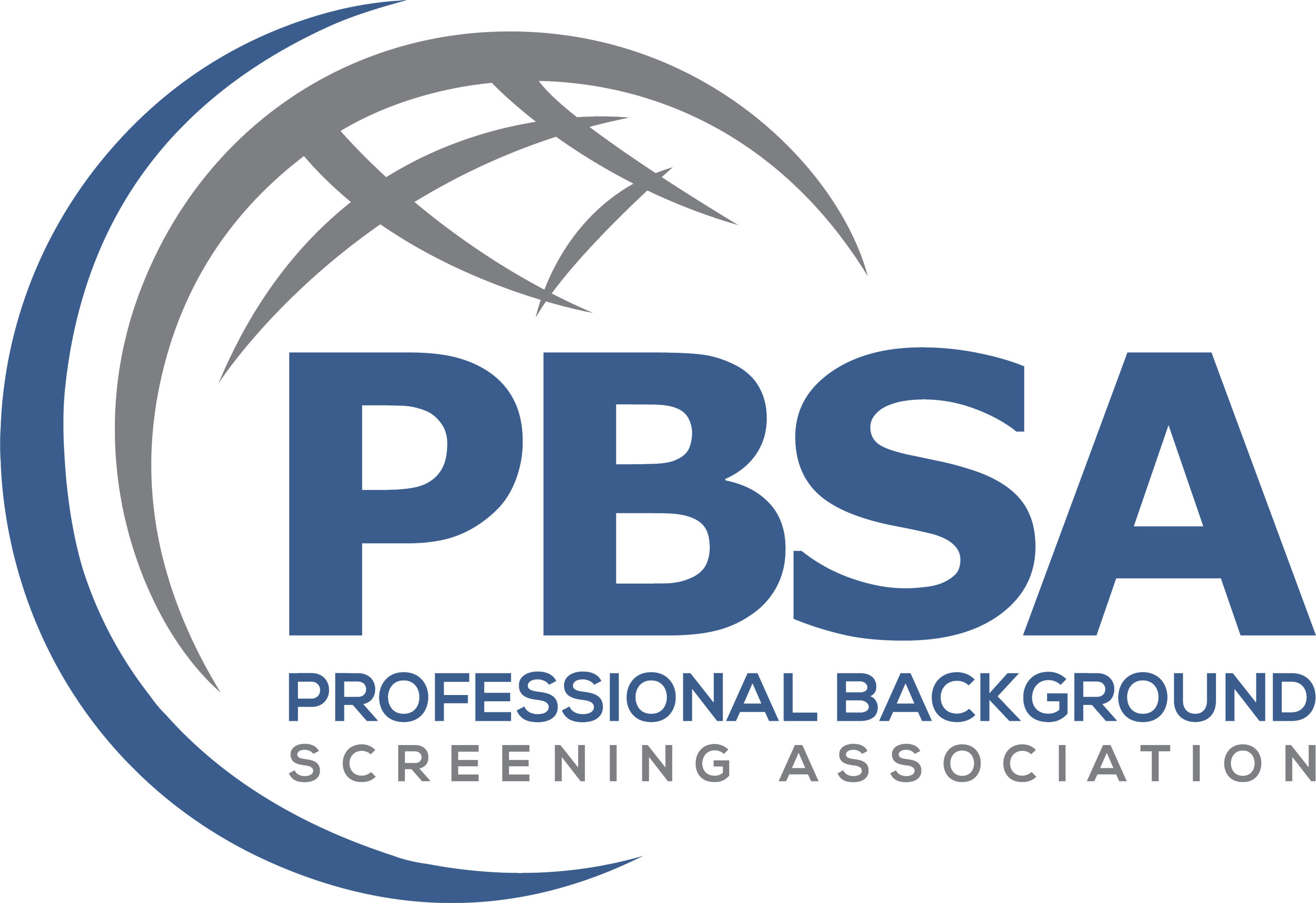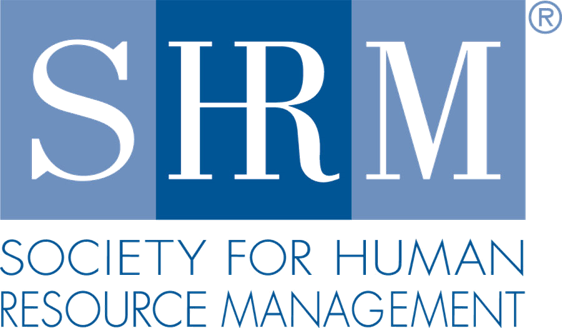Partner Post – Blind Hiring Becomes More Prevalent to Overcome Hidden Bias
Today’s information comes from a blog written our partner company, SkillSurvey. SkillSurvey is a provider of patented online reference checks proven to be more effective than traditional methods, and which leverage technology to build your own recruiting database.
It is human nature for people to look for and share commonalities about each other, like growing up in the same town or region; being members of the same sorority or fraternity; or finding out you like the same television programs.
It’s also common to draw conclusions about a person based on what zip code they live in, where they attended school, where they worked in the past, or their gender or ethnicity based on the derivation of the candidate’s name.
Numerous studies have found that hiring managers can be swayed by personal preferences leading to a less than impartial analysis of an applicant’s skills and qualifications. When this occurs during the hiring process, your organization may be missing out on hiring great talent that can help you grow and be more profitable.
Obscuring the details that may lead to implicit bias
Faced with the diversity challenges more than fifty years ago, several orchestras began to experiment with auditioning candidates behind a sheet to shield a performer’s gender or race from the selection process. It made a dramatic difference in getting more women and minorities onto the stage. Lately, the practice of “blind hiring” is becoming popular in the working world, and the news has been abuzz.
Blind hiring involves keeping candidates faces, names and other biographical information hidden from employers or selection committees. Instead, job credentials, or tests that measure skills pertinent to the job are used to make decisions before personal details are shared about the candidate.
Boosting hiring rates of women and minorities
The Washington Post story “Feds urged to fight ‘unconscious bias’ in hiring and promotions” discussed a recent speech given by Beth Cobert, the acting Office of Personnel Management director who shared a groundbreaking study conducted by the the Agriculture Department. When it used a blind application process for two recent Senior Executive Service (SES) classes, the percentage of women in the SES increased by 41 percent.
The practice is becoming popular among technology companies where pedigree -– especially where a candidate may have worked before, has long been prized. The Wall Street Journal noted that “bosses say blind hiring reveals true talents and results in more diverse hires.” The piece profiled a Silicon Valley cloud storage company whose hiring managers would often select candidates with whom they made personal connections, or those who had previously worked for well-known employers — “factors that had little bearing on job performance.” So, the company started requesting that applicants complete an anonymous “sample project,” and that has helped the firm identify and hire “top performers.”
The New York Times also featured blind hiring in its series on workplace issues. The article related how an assessment company set out to improve its IT clients’ rate of minority (African American, Latino and Native American) hires by hiding job applicants’ biographical information and doing online skills testing. Using traditional resume screening methods, about one-fifth of applicants who were “not white, male, able-bodied people” from top schools got a first-round interview. However, with blind auditions, 60 percent did.
Other areas to promote impartiality
Impartiality is one of the benefits of using an online reference checking process, which averages ratings provided by references across job-specific competencies. The confidentiality provided to references helps solicit more candid responses.
So one of the strategies to combat “hidden” bias is to hide even more – that is, the personal information about job candidates. But in a number of industries, it seems to be helping uncover many more great candidates.
Info Quest, Incorporated
Surfside Business Center812 South Poplar Drive, Suite 8
Surfside Beach, SC 29575
843-233-9675


infoquesthr.com ©1993-2023 InfoQuest, Incorporated | Privacy Policy | Human Trafficking Reporting Policy
